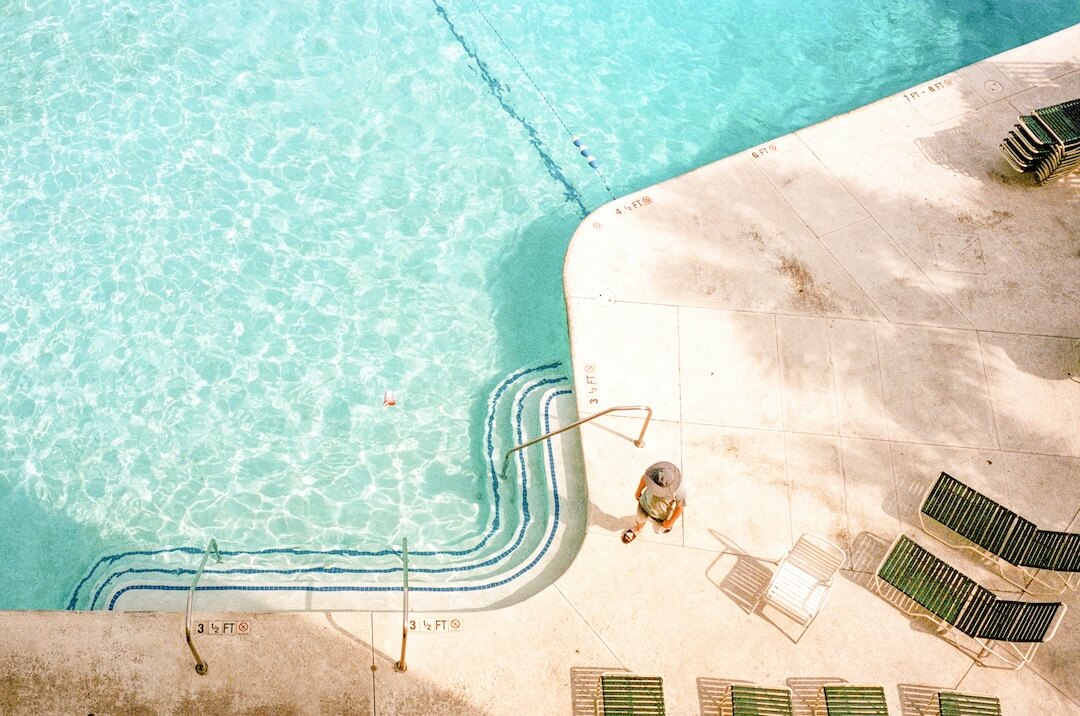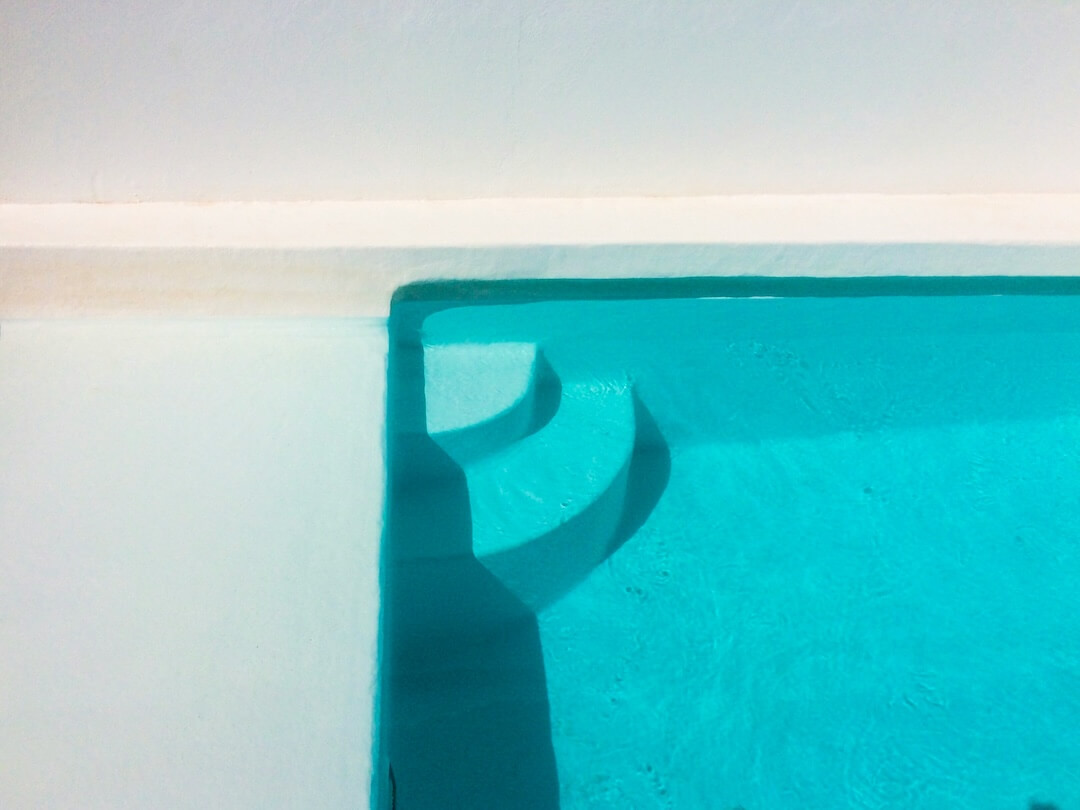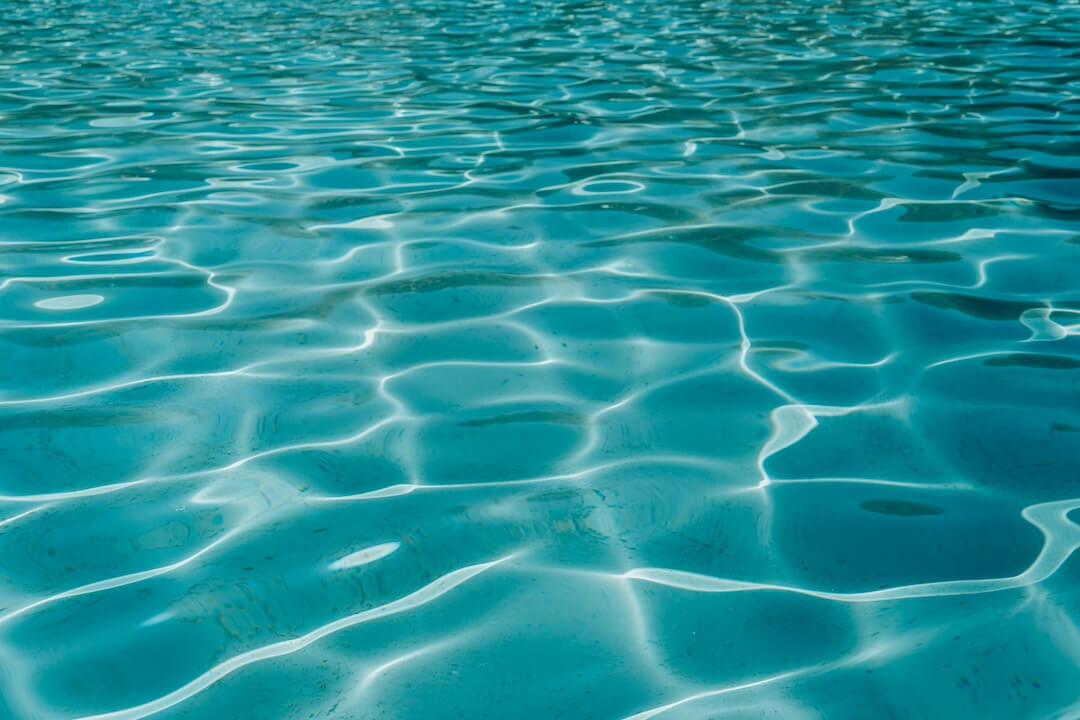The Role of Cyanuric Acid in Pool Chemistry

The Role of Cyanuric Acid in Pool Chemistry
In the vibrant outdoor pool communities of Fort Lauderdale, maintaining pristine water quality is a top priority for pool owners and professionals alike. Among the key chemical components that influence water balance and clarity, cyanuric acid plays a vital role, especially in outdoor pools exposed to Florida’s intense sunlight. Understanding its function and proper usage can significantly improve your pool maintenance routine, ensuring a safe, clean, and enjoyable swimming environment.
What Is Cyanuric Acid?
Cyanuric acid, often referred to as a stabilizer or conditioner, is a chemical compound used primarily in outdoor pool water to protect chlorine from rapid degradation by ultraviolet (UV) rays. Without adequate stabilization, chlorine—though essential for disinfection—can quickly break down under the powerful sun in Fort Lauderdale, leading to inadequate sanitation and increased chemical costs.
In essence, cyanuric acid acts as a protective shield, prolonging the effective lifespan of chlorine in the water. This is especially important in Florida, where outdoor pools are regularly exposed to intense sunlight, making sun degradation a significant challenge for maintaining proper sanitation levels.
Why Is Cyanuric Acid Important for Fort Lauderdale Pools?
Florida’s sunny climate significantly accelerates chlorine loss in pools, which can lead to higher chemical consumption and inconsistent water quality. Fort Lauderdale’s outdoor pools, whether residential, community, or commercial, benefit greatly from the addition of cyanuric acid because it:
- Prevents rapid chlorine breakdown caused by UV exposure.
- Reduces the need for frequent chlorine additions, saving time and money.
- Helps maintain stable chlorine levels, ensuring continuous disinfection.
- Supports water clarity and prevents algae growth by maintaining proper sanitation levels.
By stabilizing chlorine, cyanuric acid ensures that pool water remains clean, safe, and inviting, even during the hottest summer months in Fort Lauderdale.
How Does Cyanuric Acid Work?
Cyanuric acid forms a chemical bond with free chlorine molecules, creating a chlorine-stabilizer complex that resists UV degradation. When exposed to sunlight, chlorine bound to cyanuric acid remains active longer, effectively disinfecting the pool water. This stabilization process extends chlorine’s lifespan from a few hours to several days, depending on the cyanuric acid concentration.
For example, in a well-maintained Fort Lauderdale pool, maintaining cyanuric acid levels between 30 to 50 parts per million (ppm) typically provides optimal stabilization without risking chlorine lock or inefficiency.
The Ideal Cyanuric Acid Levels for Florida Pools
Proper regulation of cyanuric acid levels is crucial. Too little, and chlorine will degrade rapidly; too much, and it can impair chlorine’s effectiveness. The general recommended range for outdoor pools in Fort Lauderdale and across Florida is 30 to 50 ppm.
- Below 30 ppm: insufficient stabilization, leading to faster chlorine loss.
- Between 30-50 ppm: optimal balance for outdoor pools under sunlight.
- Above 50 ppm: risk of chlorine lock, where chlorine becomes less effective, and algae or bacteria can proliferate.
Regular testing using reliable test kits or professional water analysis ensures levels stay within this optimal range, supporting healthy and safe swimming conditions.
How to Adjust Cyanuric Acid Levels in Your Fort Lauderdale Pool
Adding cyanuric acid should always be done carefully, following manufacturer instructions or advice from local pool professionals in Fort Lauderdale. The common methods include:
- Adding cyanuric acid directly: available in granular or liquid form, typically added to the skimmer or water directly.
- Using stabilized chlorine products: such as stabilized chlorine tablets or sticks, which contain cyanuric acid as part of their formulation.
When adding cyanuric acid, always dissolve it in water first if in granular form, and conduct regular testing afterward. Over-stabilization can lead to chlorine lock, so gradual adjustments and consistent monitoring are essential.
Common Mistakes and How to Avoid Them
Many Fort Lauderdale pool owners make errors with cyanuric acid that can compromise water quality:
- Overuse of stabilized chlorine: leading to excessively high cyanuric acid levels.
- Ignoring regular testing: resulting in unbalanced chemistry.
- Adding cyanuric acid without considering existing stabilizer levels.
- Using outdoor pool water in different seasons without adjusting cyanuric acid levels accordingly.
To avoid these pitfalls, consult with local pool experts who understand Florida’s climate and water chemistry nuances. They can recommend tailored treatment plans and testing schedules.
The Impact of Cyanuric Acid on Pool Water Balance
While cyanuric acid is essential for stabilization, it must be balanced with other water chemistry parameters such as pH, alkalinity, and calcium hardness. For example:
- pH levels should be maintained between 7.4 and 7.6 for optimal chlorine efficiency.
- Total alkalinity helps buffer pH fluctuations and should be kept within 80-120 ppm.
- Calcium hardness must be appropriate to prevent scaling or etching, especially in Florida’s mineral-rich water.
Proper balancing ensures that cyanuric acid performs effectively without causing unintended issues like cloudy water or scaling.
When to Test and Adjust Cyanuric Acid in Your Fort Lauderdale Pool
Regular testing—at least weekly—is recommended for outdoor pools in Fort Lauderdale, especially during peak swim season. Use professional test kits or digital testers designed for cyanuric acid measurement. Adjust levels proactively to prevent problems:
- Add cyanuric acid if levels fall below 30 ppm.
- Dilute or drain water if levels exceed 50 ppm, especially before winterizing or when transitioning seasons.
- Coordinate adjustments with overall water chemistry to maintain a healthy balance.
Involving local Fort Lauderdale pool maintenance experts can simplify this process and ensure your pool remains in top condition year-round.
The Bottom Line: Cyanuric Acid’s Role in Ensuring Quality Pool Water in Fort Lauderdale
For outdoor pools in Fort Lauderdale, cyanuric acid is indispensable, providing essential stability in the face of Florida’s fierce sun and high temperatures. Proper management of cyanuric acid levels ensures efficient chlorine use, clear water, and healthy swimming conditions. Whether you're a homeowner or a commercial pool operator in Fort Lauderdale, understanding and maintaining this chemical is fundamental to effective pool chemistry management.
Partnering with our local pool service experts who understand Florida’s unique climate ensures your cyanuric acid levels are optimized for your specific pool. Regular testing, responsible chemical addition, and adherence to recommended guidelines will keep your pool sparkling clean and safe for all swimmers in the Fort Lauderdale community. If you’re ready to improve your pool’s chemistry and enjoy hassle-free maintenance, contact our trusted Fort Lauderdale pool specialists today—they can help you create the perfect balance in your outdoor oasis.



